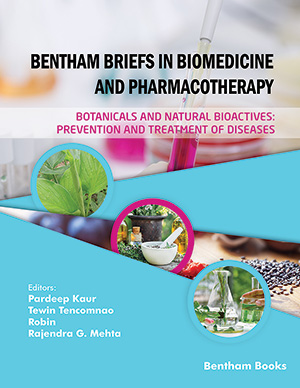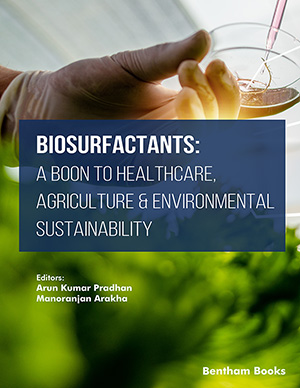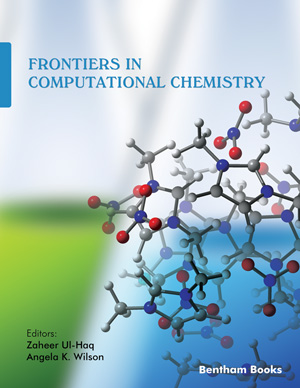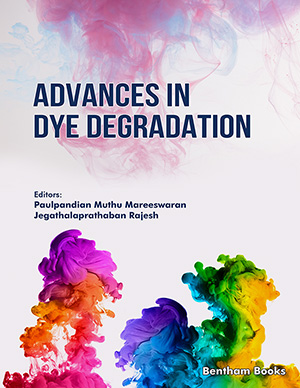Abstract
Resveratrol (3, 5, 4’-trihydroxy-trans-stilbene, RVT), a stilbenoid, polyphenol phytochemical present in berries, grape, peanuts and wine. It has been suggested as a major contributor to “French Paradox” that reduces the mortality from coronary heart disease (CHD) by consuming RVT in red wine even in some of French population with a high-fat intake. With extensive research, it has been found that RVT is a versatile and pleiotropic agent, it not only possesses cardiovascular-protective benefits by its powerful antioxidant capacity, anti-inflammatory, regulating metabolism and anti-aging effects, but also has strong anti-tumor activities through inhibiting tumor cell proliferation, inducing cell apoptosis, promoting tumor cell differentiation, preventing tumor invasion and metastasis, and further moderating the host immune system to kill tumor cells. This review will focus on RVT’s anti-tumor activity and tumor prevention potential including: the anti-tumor spectrum in vitro and in vivo; molecular targets and signal pathways involving RVT anti-tumor mechanisms; evidences from clinical trial for its bioavailability, dosage, toxicity and benefit in humans; and its prospective including its analog, deviations, and combinative chemotherapy.
Keywords: Anti-cancer activity, cancer therapy, mechanisms, paradox, resveratrol.
Anti-Cancer Agents in Medicinal Chemistry
Title:From French Paradox to Cancer Treatment: Anti-cancer Activities and Mechanisms of Resveratrol
Volume: 14 Issue: 6
Author(s): Xuan Yang, Xun Li and Jinyu Ren
Affiliation:
Keywords: Anti-cancer activity, cancer therapy, mechanisms, paradox, resveratrol.
Abstract: Resveratrol (3, 5, 4’-trihydroxy-trans-stilbene, RVT), a stilbenoid, polyphenol phytochemical present in berries, grape, peanuts and wine. It has been suggested as a major contributor to “French Paradox” that reduces the mortality from coronary heart disease (CHD) by consuming RVT in red wine even in some of French population with a high-fat intake. With extensive research, it has been found that RVT is a versatile and pleiotropic agent, it not only possesses cardiovascular-protective benefits by its powerful antioxidant capacity, anti-inflammatory, regulating metabolism and anti-aging effects, but also has strong anti-tumor activities through inhibiting tumor cell proliferation, inducing cell apoptosis, promoting tumor cell differentiation, preventing tumor invasion and metastasis, and further moderating the host immune system to kill tumor cells. This review will focus on RVT’s anti-tumor activity and tumor prevention potential including: the anti-tumor spectrum in vitro and in vivo; molecular targets and signal pathways involving RVT anti-tumor mechanisms; evidences from clinical trial for its bioavailability, dosage, toxicity and benefit in humans; and its prospective including its analog, deviations, and combinative chemotherapy.
Export Options
About this article
Cite this article as:
Yang Xuan, Li Xun and Ren Jinyu, From French Paradox to Cancer Treatment: Anti-cancer Activities and Mechanisms of Resveratrol, Anti-Cancer Agents in Medicinal Chemistry 2014; 14 (6) . https://dx.doi.org/10.2174/1871520614666140521121722
| DOI https://dx.doi.org/10.2174/1871520614666140521121722 |
Print ISSN 1871-5206 |
| Publisher Name Bentham Science Publisher |
Online ISSN 1875-5992 |
Call for Papers in Thematic Issues
Induction of cell death in cancer cells by modulating telomerase activity using small molecule drugs
Telomeres are distinctive but short stretches present at the corners of chromosomes and aid in stabilizing chromosomal makeup. Resynthesis of telomeres supported by the activity of reverse transcriptase ribonucleoprotein complex telomerase. There is no any telomerase activity in human somatic cells, but the stem cells and germ cells undergone telomerase ...read more
Role of natural compounds as anti anti-cancer agents
Cancer is considered the leading cause of worldwide mortality, accounting for nearly 10 million deaths in 2022. Cancer outcome can be improved through an appropriate screening and early detection and through an efficient clinical treatment. Chemotherapy remains an important approach in treatment o f several types of cancers, even though ...read more
Signaling and enzymatic modulators in cancer treatment
Cancer accounts for nearly 10 million deaths in 2022 and is considered the leading cause of worldwide mortality. Cancer outcome can be improved through an appropriate screening and early detection and through an efficient clinical treatment. Chemotherapy, radiotherapy and surgery are the most important approach for the treatment of several ...read more
 75
75
- Author Guidelines
- Graphical Abstracts
- Fabricating and Stating False Information
- Research Misconduct
- Post Publication Discussions and Corrections
- Publishing Ethics and Rectitude
- Increase Visibility of Your Article
- Archiving Policies
- Peer Review Workflow
- Order Your Article Before Print
- Promote Your Article
- Manuscript Transfer Facility
- Editorial Policies
- Allegations from Whistleblowers
Related Articles
-
Biosynthesis and Characterization of a Novel Fibrinolytic Alkaline Serine Protease from Newly Isolated <i>Bacillus flexus</i> BF12 for Biomedical Applications
Current Pharmaceutical Biotechnology Adrenal Hyperandrogenism and Polycystic Ovary Syndrome
Current Pharmaceutical Design Developing the Evidence Base for Cancer Chemoprevention: Use of Meta-Analysis
Current Drug Targets Effects of Physical Exercise on Inflammatory Markers of Atherosclerosis
Current Pharmaceutical Design Functional Foods: Salient Features and Clinical Applications
Current Drug Targets - Immune, Endocrine & Metabolic Disorders Bioactive Polyphenols from Grapes and Wine Emphasized with Resveratrol
Current Pharmaceutical Design The Promotion of Mental Health: Role of the Family
Adolescent Psychiatry Synthesis, Crystal Structure and Biological Evaluation of 4, 5, 6, 7-tetrahydropravastatin as HMG-CoA Reductase Inhibitor
Letters in Drug Design & Discovery Refined Purification of Large Amounts of Rat cvHsp/HspB7 and Partial Biological Characterization In Vitro
Protein & Peptide Letters Isolation, Synthesis and Biomimetic Reactions of Metalloporphyrinoids in Ionic Liquids
Current Organic Synthesis Systemic Sclerosis-Related Pulmonary Hypertension: Unique Characteristics and Future Treatment Targets
Current Pharmaceutical Design Cerebral Amyloid Angiopathy-related Intracerebral Hemorrhage Score For Predicting Outcome
Current Neurovascular Research The Developmental Origins of Osteoporosis
Current Genomics Genetic and Non-genetic Determinants of Cardiovascular Disease in South Asians
Current Diabetes Reviews Effects of Insulin on the Vasculature
Current Vascular Pharmacology Cardiovascular Physiology of Androgens and Androgen Testosterone Therapy in Postmenopausal Women
Endocrine, Metabolic & Immune Disorders - Drug Targets Recent Progress in Cerebrovascular Gene Therapy
Current Neurovascular Research Antioxidants and its Properties as Affected by Extrusion Process: A Review
Recent Patents on Food, Nutrition & Agriculture Editorial [Hot Topic: Inflammation as Target for Pharmaceutical Intervention in Cancer (Executive Editors: R.M. Schiffelers and K.E. de Visser)]
Current Pharmaceutical Design Environmental Exposure, and Other Behavioral Risk Factors in Breast Cancer
Current Cancer Therapy Reviews


























